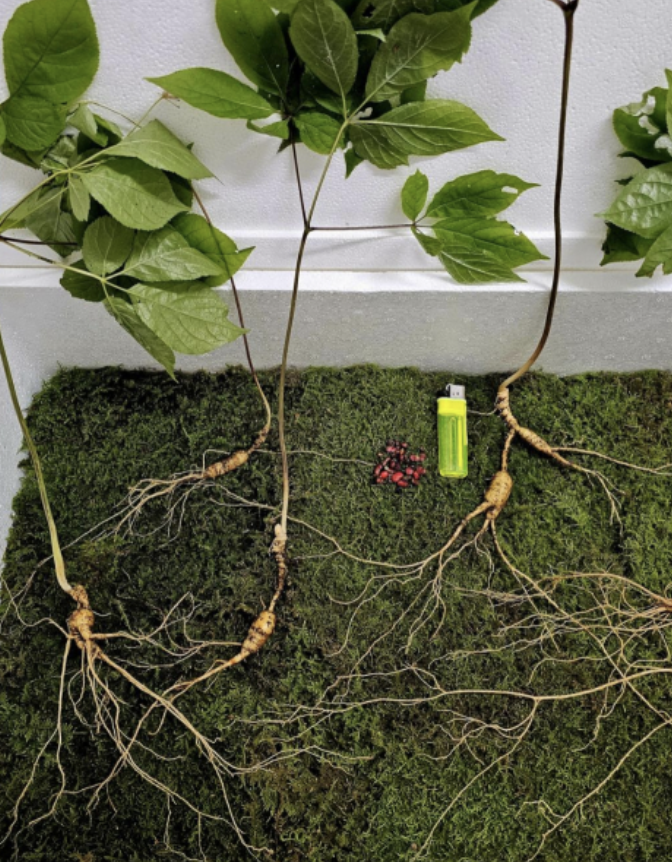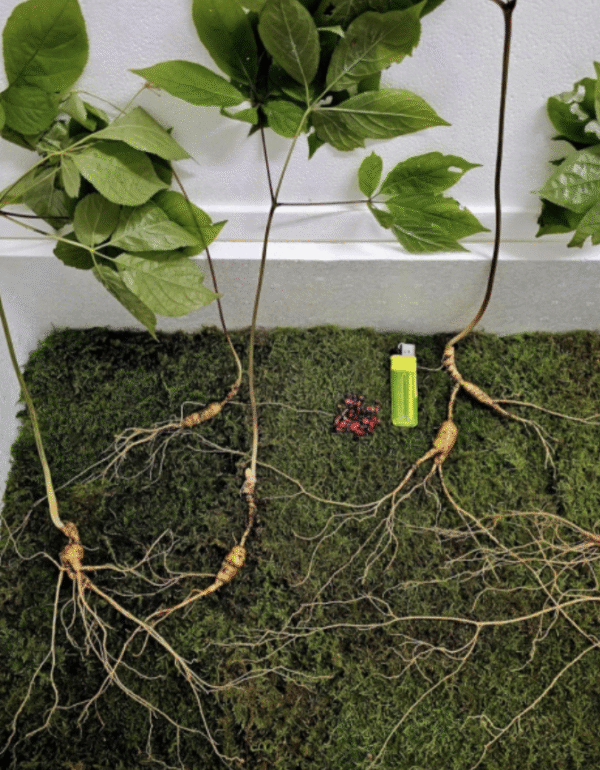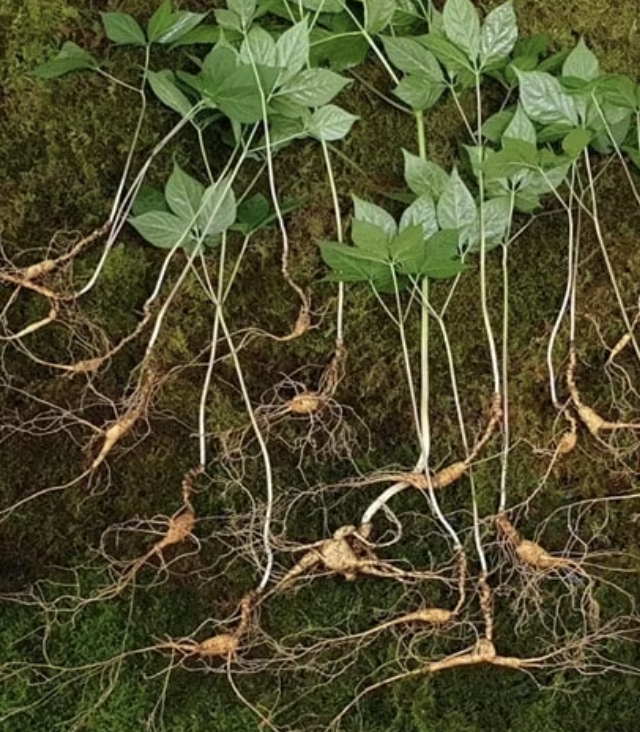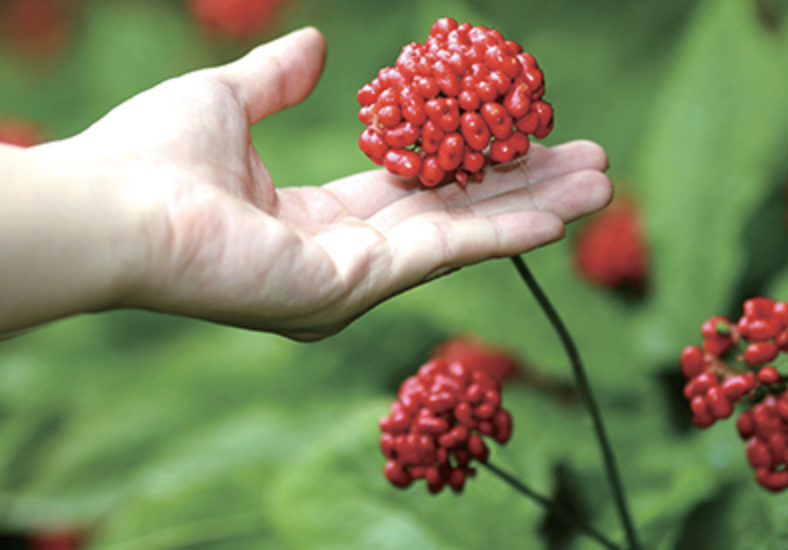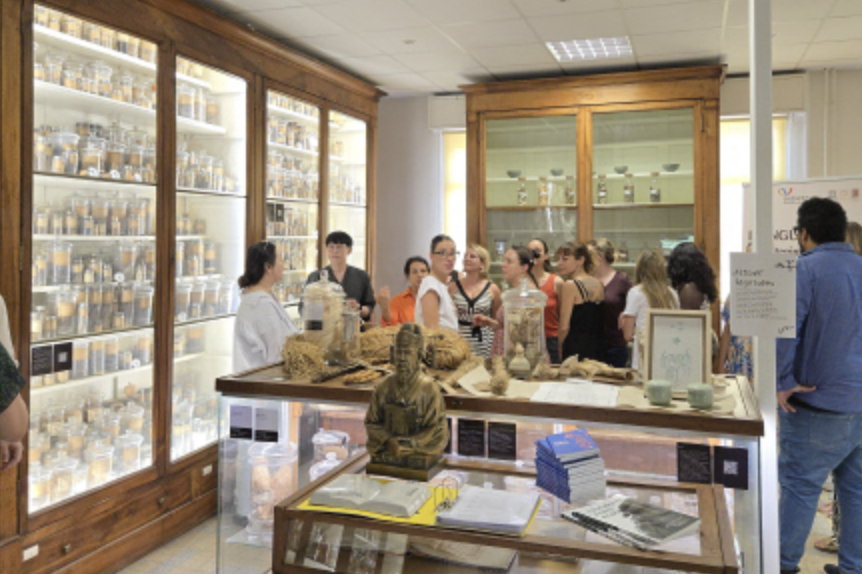Wild ginseng, or sansam, has long held a sacred place in Korean culture—symbolizing resilience, vitality, and ancestral wisdom. The individuals who dedicate their lives to harvesting wild ginseng—known as Shimmani—are more than gatherers; they are keepers of ancient traditions. Their work bridges ethnobotany, spirituality, and sustainability, embodying a rich cultural lineage steeped in both pragmatic ecology and ritualistic reverence.
👉 Wild Ginseng Root – Buy the Best Nature Offers
1. Shimmani: Guardians of the Mountain
Shimmani are recognized experts whose knowledge about wild ginseng's habitats, growth cycles, and proper harvesting techniques is passed down through generations. Many are sixth- or seventh-generation foragers deeply embedded in a lineage of mountain wisdom. They understand indicators like moss patterns, soil moisture, and shade—skills developed through decades of experience
A Shimmani once explained, "Wild ginseng raised my children, bought my house, built my business… He's like a father to me" capturing the profound respect and spiritual bond foraged roots command.
2. Rituals, Taboos & Cant Language
The Shimmani operate within a system governed by folklore, superstition, and ethical codes. Rituals—such as hunting in odd-numbered groups, abstaining from meat, and avoiding intimate relations before trips—help preserve mental clarity and spiritual purity
Their secret slang known as ginseng-harvester's cant is a coded lexicon used to describe root quality, locations, and mountain etiquette—once essential for knowledge transfer and confidentiality
3. Contemporary Pressures & Conservation
Shimmani traditions are under growing pressure. Wild ginseng is now endangered and protected by law in South Korea since 2004; illegal harvesting and disputes have increased. Reports of foragers stumbling across multimillion-won finds—like the discovery of 13 plants in Suncheon—highlight both opportunity and caution
Conservation efforts now balance traditional practices with preservation, while some Shimmani mentor newcomers responsibly to ensure sustainable foraging.
4. Cultural and Ecological Significance
Wild ginseng roots, grown over decades, are believed to contain superior medicinal potency compared to cultivated varieties . This belief is reflected in their spiritual and cultural value—the roots are often called "blessings from mountain gods" and used as high-value medicinal treasures .
Shimmani are custodians of temperate forest ecosystems, preserving biodiversity and traditional agroforestry knowledge through their respectful interactions with nature
5. Health Connections and Long‑Term Ginseng Use
Scientific interest in wild and wild-simulated ginseng is growing due to unique ginsenoside profiles and bioactive compounds with potent antioxidant and adaptogenic effects. Consistent, long-term consumption is linked to improved immunity, enhanced energy, and cognitive resilience—benefits supported by growing biomedical research.
6. Preserving Intangible Heritage
Preserving Shimmani wisdom is crucial not only for ecological balance but for cultural integrity. As interest in wild ginseng's medicinal qualities rises, respectful documentation—through videos, interviews, and ethnobotanical field trips—is needed to ensure this intangible heritage endures.
Conclusion
The Shimmani are living symbols of Korea's symbiosis with nature. Their work, wisdom, and rituals honor both the wild ginseng root and the ecosystems that nurture it. As we value pure health from herbal traditions, honoring the Shimmani's legacy ensures sustainable wellness and cultural continuity for generations to come.
✍️ Blog‑Ready SEO Adaptation (500–1,000 words)
Shimmani: Korea's Wild Ginseng Guardians and Their Legacy
For centuries, Korean wild ginseng foragers—Shimmani—have upheld a sacred and practical tradition of finding wild ginseng deep in the mountains. Rooted in ancestral knowledge and spiritual responsibility, their work transcends mere harvesting—it embodies culture, ecology, and health.
From interpreting subtle signs in the forest to chanting protective rituals, Shimmani preserve a lifestyle that honors both the ginseng plant as a healing force and the delicate environments that sustain it. Yet with wild ginseng endangered and overharvested, gaining legal protection since 2004, their practice faces both opportunity and threat .
Modern pharmacology backs some of their beliefs: wild ginseng's rare ginsenosides offer potent antioxidant and immune-boosting effects—empowering both tradition and science to inform healthy living. Long-term ginseng use, whether through wild or wild-simulated varieties, supports vitality, stress resilience, and cognitive health—aligning with ancient wisdom and modern research .
By preserving Shimmani knowledge, we safeguard not just a plant, but a cultural-linguistic heritage—a living manual of sustainable use and respect for nature's medicine.
#wildginseng #Shimmani #traditionalknowledge #ethnobotany #naturalmedicine



